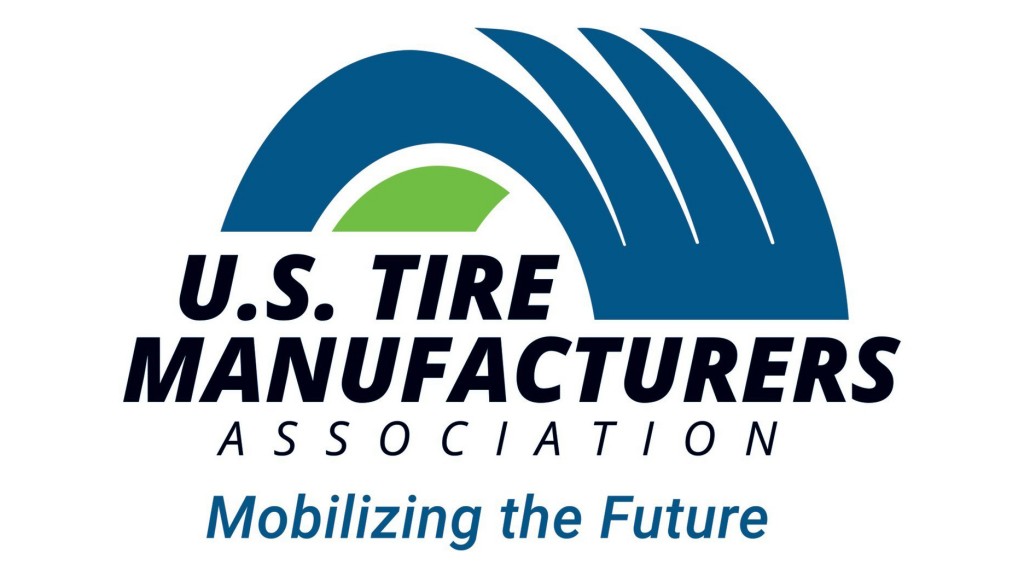Research partnership aims to assess environmental impact and benefits of ground tire rubber in asphalt

The U.S. Tire Manufacturers Association (USTMA), in partnership with The Ray, a nonprofit proving ground for sustainable transportation technologies, have announced a research project to assess and compile existing research on the performance, environmental impacts and benefits of using ground tire rubber (GTR) in asphalt.
The compiled research will result in a state of knowledge report that outlines existing research and identifies data gaps in the use of ground tire rubber in rubber modified asphalt.
In current applications, rubber modified asphalt helps create longer-lasting roads that crack and rut less than traditional asphalt, leading to long-term cost savings for states. Rubber-modified asphalt has been found to be quieter and create better grip and less spray for drivers in wet weather, according to a study by the University of Arizona, and produce half the amount of tire and road wear particles as traditional pavement. The use of rubber-modified asphalt also promotes the circular economy as asphalt can be recycled and reused repeatedly.
"Recycling scrap tires to create rubber modified asphalt appears to be a cost-effective way to reduce tire and road wear particles and advance the circular economy," said Anne Forristall Luke, President and CEO of USTMA. "This study will allow us to share what we know about the technology and what additional research is needed to build more sustainable roads and infrastructure."
Dr. Bill Buttlar, director of the Missouri Center for Transportation Innovation, will lead the study, which will include collecting lab and field data and research on the performance and lifecycle impacts of GTR asphalt mixes. This will allow the team to provide road operators, state and federal regulators and legislators, pavement and road construction contractors, and researchers with a better understanding of rubber modified asphalt's effectiveness and environmental impact. "Rubber modified asphalt has evolved into a very attractive sustainable paving solution, but potential adopters of the technology are often unaware of the latest developments and benefits. We hope to address these shortcomings with a comprehensive, up-to-date state of knowledge report," Dr. Buttlar said.
The research will be guided by a technical advisory panel of regulators, researchers and scientists to provide support, insights and feedback. It will include a survey of asphalt contractors and mix designers to better understand challenges related to adaptation, data collection from the field and a meta-analysis of journal articles, reports, published research, and public data sets.
Results from the study are expected to be reported in the spring of 2021.



